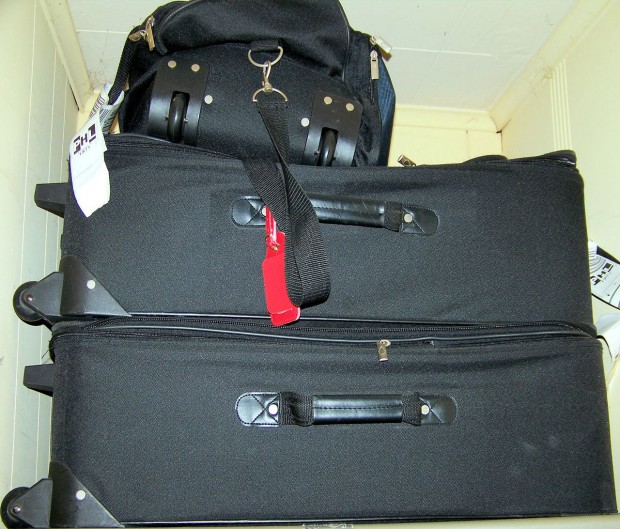If you are checking your luggage on your next flight, there is a chance that it may be lost. Although the mishandling of personal luggage by airlines has dropped a record 61.3 percent (according to forbes.com), lost luggage still occurs. However, you can decrease the risk of losing your luggage by enacting these three tips.
Tip #1- Remove Unnecessary Tags
If you fly frequently for business or pleasure, chances are that you have a number of old airline tags on your luggage. Perhaps you forgot to remove them after each trip, or the thought of removing them simply never crossed your mind.
Whatever the reason, old and unnecessary tags on your luggage can result in your bags being lost. If the wrong tag is read, your luggage can end up on a completely different flight and in a completely different destination than you.
Remove all tags after each trip to ensure only the most current flight information is attached to your luggage.
Tip #2- Double Check Your Routing Tag
When checking in your luggage, it will be tagged with a routing tag. The routing tag will display the airport code, such as BWI, JFK, etc. It is your responsibility to double check that the code on your bag matches your destination.
This is especially important if you will be making connecting flights. While your bag should be tagged for your final destination, this is not always the case. It is always better to double check the routing tag before your bag is taken by the attendant for this very reason.
An improperly input airport code can send your luggage off to another airport. Additionally, if your luggage is tagged only to the airport for your connecting flight and you do not retrieve it; your luggage will be lost.
Tip #3- Steer Clear of Short Layovers and Tightly Scheduled Connecting Flights
Having a layover or making a connecting flight is not necessarily a bad thing. However, when you have a very short layover or must make a connecting flight within minutes of landing, the chances that your checked luggage will be lost increase greatly.
What you must realize is that if you only have a few minutes, then so do the baggage handlers who must transfer all of the luggage that arrives. A short layover or a tight connecting flight window may mean that your luggage does not make it on the plane with you.
At best, your luggage may be delayed. The worst-case scenario is that it will be lost. If you must schedule a short layover or board another plane within a few minutes of landing, it is better to carry your luggage with you, rather than risk it being delayed or lost.

